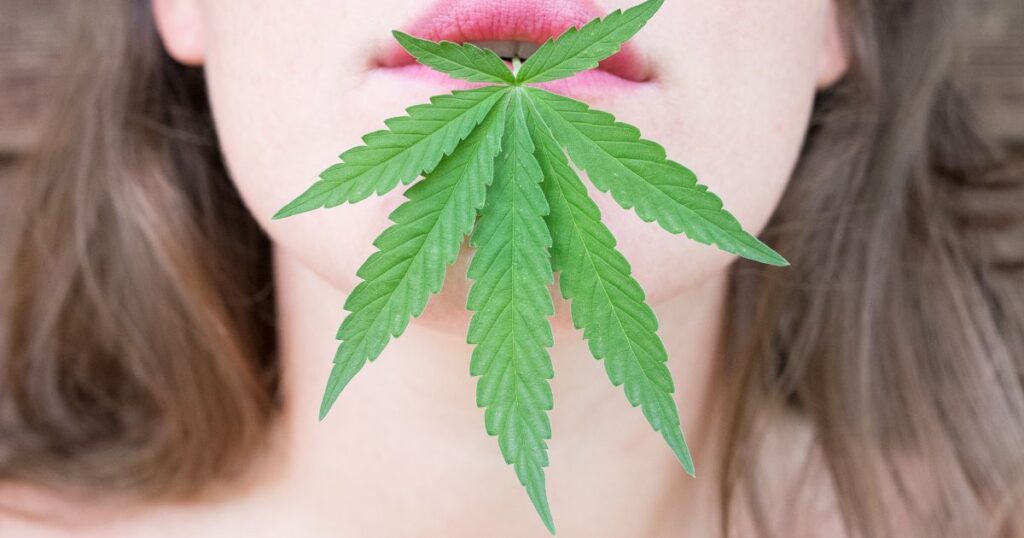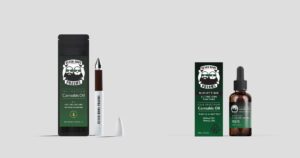Mothers have long been society’s unsung multitaskers, juggling countless responsibilities to ensure their children thrive. But what happens when stress, health issues, or chronic conditions impact a mother’s ability to care for herself and her family? Enter the growing conversation around medical cannabis and motherhood—a topic challenging societal norms and gaining recognition as a potential parenting tool.
Recent research highlights how medical cannabis (MC) allows mothers to effectively manage their physical and mental health, impacting not only their well-being but also how they relate to their children.
Research Backing Medical Cannabis Use for Mothers
A recent study involved interviews with 15 mothers in New Zealand, all of whom used medical marijuana to manage various physical and mental health conditions, such as anxiety, arthritis, and endometriosis. The findings revealed a recurring theme—mothers felt that managing health symptoms with cannabis allowed them to be more present and effective in their parenting.
These participants noted several benefits, including reduced stress and anxiety, which helped them feel calmer, communicate more effectively with their children, and avoid emotional overreactions. They also experienced pain management, as alleviating chronic pain allowed them to focus more on their children’s needs without the constant distraction of discomfort.
Additionally, many participants reported an improved mood, noting that cannabis enhanced their overall mental outlook and enabled them to approach parenting with greater empathy and patience.
One mother shared, “If I’m not in pain, and I’m well-rested, I can be the type of parent that I aspire to be, which is patient, empathetic, [and] fair.”
Breaking the Taboo Around “Cannabis Moms”
Cannabis use in parenting doesn’t come without its societal hurdles. For decades, stereotypes have depicted cannabis consumers, particularly women, in a negative light. The perception of “mom guilt” runs even deeper for single or low-income mothers, and the threat of stigma often deters women from openly discussing their cannabis use.
The mothers in the study challenged these biases in different ways. Many took a proactive approach through preemptive education, introducing their children to the concept of cannabis as a medicinal tool and categorizing it alongside other medications. This approach aimed to neutralize the stigma and help children understand its therapeutic purpose.
Additionally, some mothers worked to rewrite narratives around cannabis, framing it as a natural, plant-based medicine tied to holistic health or cultural traditions. For instance, one Māori mother in the study described medical cannabis as an integral part of Rongoa, or Māori medicine.
The findings showed that most mothers acted responsibly by consuming cannabis after performing parental duties or when their children were asleep. This careful consumption pattern reflects balancing personal needs with responsible parenting.
The High Cost of Health and Accessibility
Unfortunately, legal and financial barriers remain significant obstacles for mothers seeking medical cannabis. High prices for licensed products drove some participants to obtain cannabis through illegal markets or grow their own supply. Single mothers and those on tight budgets often sacrificed their medical needs to allocate resources to their children.
One participant expressed, “It’s the last thing on the budget because as a mom, you’re always the last thing on the budget. The things that children need come first.”
This recurring theme of financial strain in the study highlights the need for affordable, regulated medical cannabis options to ensure that mothers can prioritize their well-being without legal risks or added stress.
Societal Shift in Medical Cannabis and Motherhood
The insights gathered from this study shed light on a larger shift in societal attitudes toward cannabis and parenting. The legalization of medicinal cannabis worldwide has pushed this change, showing how women are exercising agency over their health through alternative therapies.
It is worth noting, however, that certain societal double standards persist. The study notes that women—especially mothers—are often judged more harshly for cannabis consumption compared to men. These expectations can exacerbate the stigma mothers feel, even when using cannabis responsibly and for medical reasons. Despite these challenges, many mothers in the study rejected outdated narratives by openly discussing their cannabis use with family and other parents.
Additionally, racial and socioeconomic disparities factor into the risks mothers face surrounding cannabis use.
For Māori mothers in New Zealand, the high costs of legal cannabis often pushed them toward illicit alternatives, increasing their vulnerability to legal consequences. On the other hand, white mothers reported a perceived level of privilege in avoiding criminal penalties due to factors such as race, socioeconomic status, or education. However, even those who felt protected acknowledged the potential for their cannabis use to be weaponized in custody disputes.
These nuances emphasize the need for equitable access to medical cannabis and a dismantling of the stigmas surrounding its use among mothers.
Green Parenting or Risky Business?
The potential for medical cannabis to support positive parenting comes with valid concerns. Safety around children is essential, and mothers in the study were mindful of when and where they consumed cannabis, making an effort to avoid exposure around kids as much as possible. Legal risks and societal judgments also remain significant hurdles, particularly in regions where cannabis use faces legal restrictions.
Additionally, youth perceptions of cannabis can be challenging to navigate, as parents may worry that discussing or using cannabis around their children could send unintended messages about recreational use. Despite these challenges, there is a need for existing laws and access frameworks to evolve, providing clarity and support for parents who choose medical cannabis as part of their health management.
Redefining Motherhood with Compassion and Medical Cannabis
The idea that medical cannabis could foster healthier parent-child relationships challenges outdated narratives and opens the door for more conversations about maternal health and medical cannabis roles in motherhood. The findings from this study reveal a simple truth—when mothers are freed from the physical and emotional strains of untreated conditions, they feel active, present, and empathetic parents they aspire to be.
Policymakers, healthcare providers, and employers must work together to normalize medical cannabis use for parents. This includes increasing education for healthcare professionals so they can better advise patients on safe cannabis use.
Efforts should also focus on reducing the costs of medical cannabis products to ensure low-income households and single-parent families can afford safe, legal access. Additionally, developing clear guidelines for family-friendly discussions about cannabis is essential, helping parents educate their children thoughtfully and accurately.
By empowering mothers to make informed decisions about cannabis, society stands to benefit—not just parents or their children but the community that values equity and well-being.
Curious to learn more about cannabis in parenting? Explore timely cannabis news, expert insights, and industry updates at Beard Bros Pharms!
















